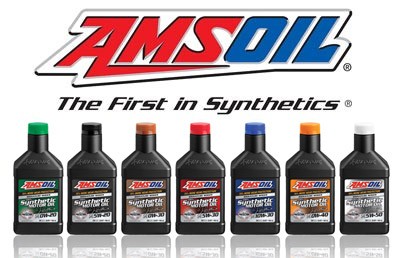How Synthetic Oil Is Made
Synthetic oil is made through a process of refining and chemical modification. Crude oil is first refined into different types of fuels, such as gasoline or jet fuel. These fuels are then chemically modified to create synthetic oil. The process of creating synthetic oil is expensive and time-consuming, but the end result is a high-quality product that can be used in a variety of applications.
What is Synthetic Motor Oil?
Synthetic oil is made by mixing synthetic oil ingredients and a catalyst. The ingredients are typically hydrocarbons, solvents, and surfactants. The catalyst helps the oil molecules to cross-link and form chains. Each synthetic oil recipe has some of the same ingredients. However, each formula is different because of the type and amount of additives used. The additives are used to modify the properties of the oil, such as its viscosity or resistance to oxidation. When synthetic oil is made, it can be used in applications where mineral oils are used. Synthetic oil is often used in engines and heavy equipment, although it can also be used in many other types of vehicles.
The Pros of Synthetic Oil
Conventional oil has been the standard for automobiles for more than 100 years. It is derived from crude oil that is drilled from the ground. Synthetic oil, on the other hand, is a man-made product that is created in a laboratory. It was developed primarily to overcome the shortcomings of conventional oil. Synthetic oil is oil that has been altered in a laboratory to be more resistant to oxidation. It is made from petroleum, which is processed through a complex process involving hydrogenation, polymerization, and distillation. Synthetic oil can be blended with mineral oils or recycled lubricants for better performance. Synthetic oil has several advantages over conventional oil. It can be modified to enhance resistance to wear and provide better engine protection, which reduces the cost of maintenance. Synthetic oil also provides better fuel economy, especially in diesel engines.
Why Switch to Synthetic Oil?
Many people believe that synthetic oil is just a ploy by the oil industry to get more money from consumers. However, there are many reasons why you should switch to synthetic oil in your vehicle.
Synthetic oil has been proven to keep engines clean and running smoothly for up to 10,000 miles or six months, while conventional oil needs to be changed every 3,000 miles or three months. Synthetic oil also lasts longer than conventional oil, so you don’t have to worry about changing it as often.
Another benefit of using synthetic oil is that it prevents sludge build-up in your engine. Sludge is a thick, black substance that can cause serious damage to your engine if not treated properly. Synthetic oil helps break down the sludge and keep your engine running smoothly. You can use synthetic oil in most vehicles, including those with a turbocharger and diesel engines. In conclusion, synthetic oil is a great option for motor vehicle owners who want to extend the life of their engine and keep it running smoothly. If you have any questions, please feel free to contact us today! We are here to help!


